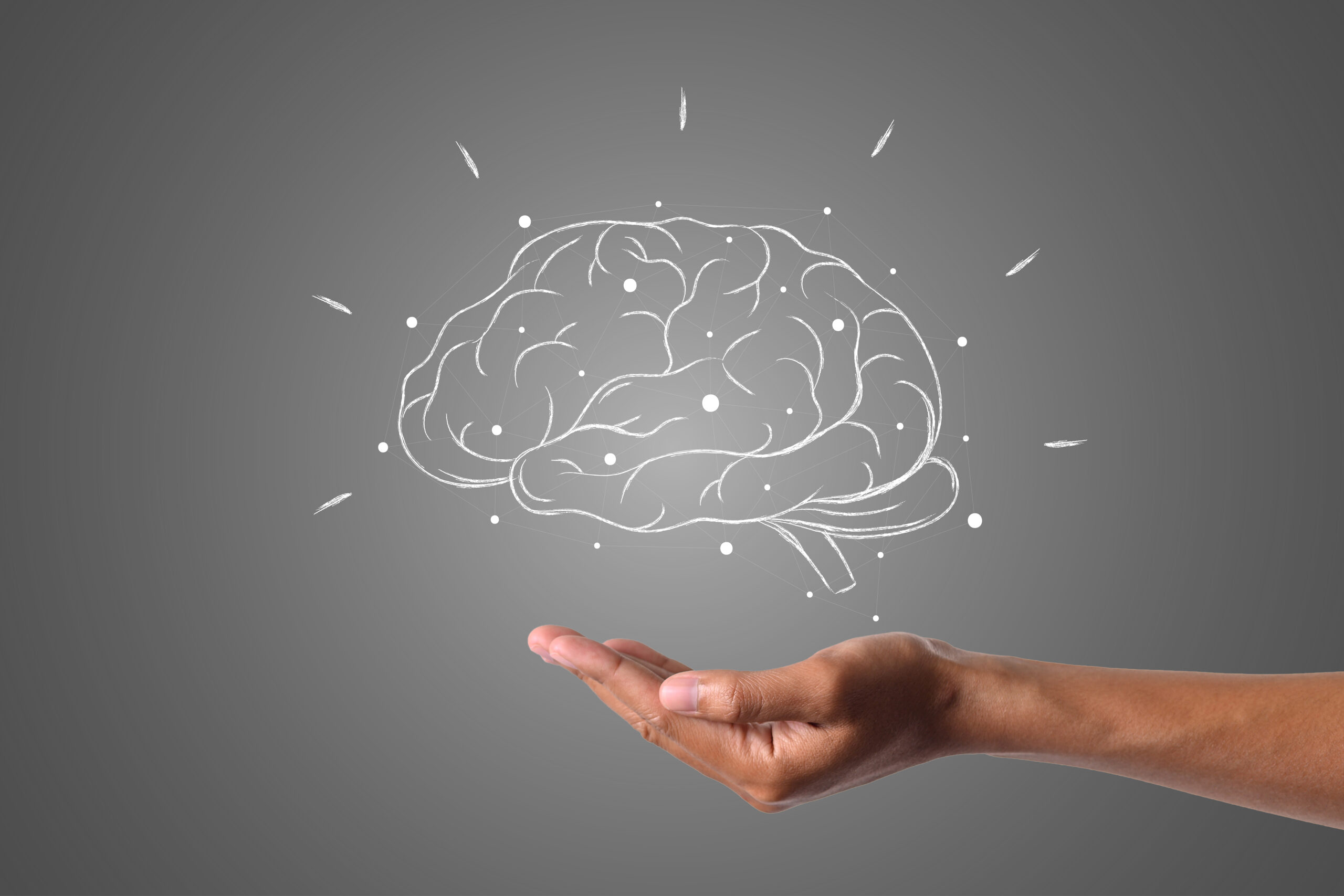
WHAT ARE MINDSETS?
Mindsets are the self beliefs you have about your abilities such as learning to read, do maths, ride a bike, swim, and so on. Carol Dweck, a professor at Stanford University developed mindset theory after many years of researching why some children persist when faced with failure and others give up. She discovered that the self beliefs we have of ourselves in relation to the task we are attempting has a powerful effect on our actions. Her research showed that changing peoples beliefs had a big impact on their learning and wellbeing.
Dweck (2017) discovered that there are two mindsets – a fixed mindset and a growth mindset. Those with a fixed mindset believe that their abilities are fixed and can not be chnaged with effort. Those with a growth mindset believe that their abilites can be changed with the right effort and strategies. Importantly she discovered that those with a fixed mindset don’t take risks with learning therefore they don’t want to make mistakes or even worse fail because that would show they are not smart. Whereas those with a growth mindset believe that mistakes and failure are part of the learning process, stretching yourself to learn something new and fulfil your potential. Importanlty, she discovered mindsets can be changed.
Mindsets are just beliefs, powerful beliefs, something in your mind and you can change your mind
Dweck (2017)
Fostering children’s growth mindsets has many benefits for children’s learning and wellbeing. Recent research has shown that when children have a growth mindset this positively impacts their academic achievement, motivation and wellbeing. Developing children’s growth mindset in the early years builds a strong foundation for future schooling.
MINDSET RESOURCES
Within this website you will find a free mindset tool kit to get you started on fostering growth mindsets, a link to the mindset matters online course, monthly blog posts providing the latest updates on mindset research, and upcoming professional development opportunities offered.